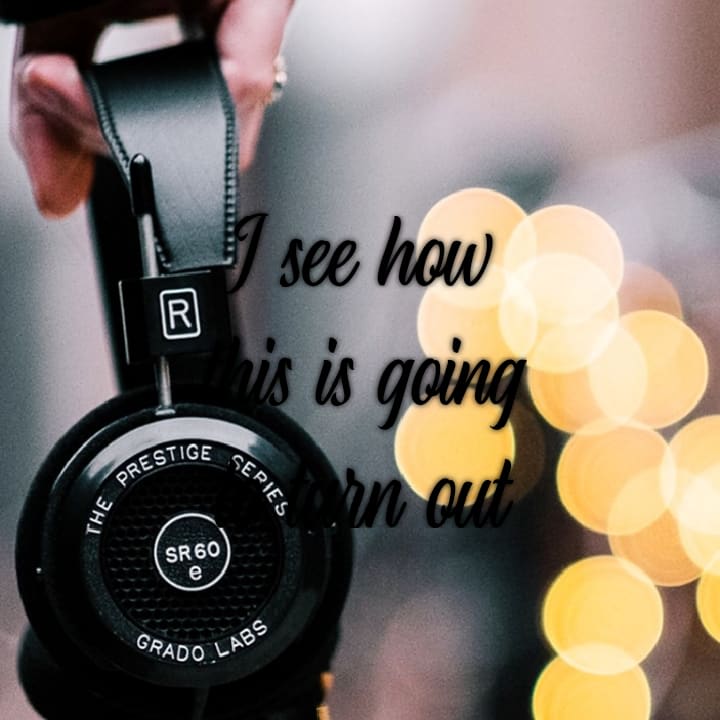8 Reasons Why Poetry Is Good for the Soul

Posted on July 4, 2022.
The Digital Age is booming. That means attention is shrinking and focus is altering. With 140-character communication on Twitter, picture and visual postings on Pinterest, and classrooms shying away from difficult material in favor of easy reading and easy grades, poetry has become one of the most underutilized, and underestimated, mediums in modern culture.
I think Phyllis Klein from Women’s Therapy Services said it best: “Turning to poetry, poetry gives rhythm to silence, light to darkness." In poetry we find the magic of metaphor, compactness of expression, use of the five senses, and simplicity or complexity of meaning in a few lines. "
1. Poetry Is Good For Developmental Learning
In children's education, children’s verbal and written skills are somewhat underdeveloped. Poetry helps by teaching in rhythm. Stringing words together with a beat helps cognitive understanding of words and where they fit. Additionally, it teaches children the art of creative expression, which most find highly lacking in the new-age educational landscape. In essence, poetry gives them a great tool for developing themselves.
2. Poetry Is Good for Developing Skills
Writing, speaking, and understanding can all be greatly influenced and nurtured by the use of poetry. Learning the rules for writing, and then breaking them with poetry, can give writing an an Poetry is good for developing skills. alternative to beauty. Speaking poetry aloud with its beat, rhythm, and rhyme can loosen the tongue and craft a firm foundation for verbal communication. Learning to understand poetry also gives the mental fortitude, as well as the drive, to understand written communication (an invaluable trait in business, from my perspective).
3. Poetry helps improve ideas.
Have you ever sat there and not known what to write? Picking up poetry, reading through different excerpts from classic poets can blossom ideas you never knew existed. Reading and writing poetry makes you think of new ideas and can also dramatically change the way you perceive old ones. It is a way to process experiences, visual descriptions, and emotions.
4. Poetry is therapeutic for the writer.
Biblio/Poetry Therapy is a creative arts therapy using the written word to understand, and then communicate, feelings and thoughts. Poetry is typically short but largely emotional. Writers get in touch with sentiments they might not have known they had until they got it down on paper. Depression and anxiety are among the top two mental illnesses being treated with biblio-therapy, and through poetry, one can start to understand the hindrances and blocks being formed around their minds. Expressing how one feels is difficult. I’ve found that poetry is one of the best outlets.
5. Poetry is therapeutic for the reader.
For those who have a harder time expressing themselves, reading poetry can have a similar positive effect as writing it. Reading poetry allows one to see into the soul of another person, see what is weighing on their minds and on their hearts, and can open doors to feelings that are sometimes suppressed until that door is opened. Reading can shine a light on all those dark and hidden crevices of the heart and mind, once thought permanently closed off to the world.
6. Poetry helps you understand the significance of words themselves.
By design, poetry is broken into short but strategic sentences. By doing so, writing and reading poetry makes one understand the significance of every single word and their placement. Sometimes, without a single word, it can change the entire rhythm and meaning of the poem itself. Writing poetry forces the person to consider, and reconsider, each piece and length of their verses. In poetry, words are magic, creating moods, depth, and difficulty. One gains the utmost appreciation for them when handling the delicate sentence structures provided in poetry pieces.
7. Poetry helps you understand people.
One of the hardships of the current age is the ability to understand one another. Miscommunication and misunderstandings lead to massive amounts of frustration. Reading and writing poetry actually gives people an improved ability to understand others. From a writer’s perspective, you have to be able to convey the true nature of your writing to an unknown reader. That means diving deep into what parts you want them to understand, what you want them to feel, and what to take home with them that will resonate long after reading. For a reader of poetry, it gives you the patience to look into someone else’s mind and cultivate empathy for another person. Both conveying personal opinion and the ability to empathize are tantamount to respectable communication.
8. Poetry Helps You Understand Yourself.
Ever felt out of place? Have you ever wondered why you were thinking or feeling a certain way? Have you ever been frustrated because your friends or partners couldn’t possibly understand you because you don’t even understand what is going through your head? I have found that the best way to grasp internal turmoil is to write poetry. It slows the world down around you. It streamlines your thoughts into short, direct sentences while soothing the anxiety out of your body with its lyrical style. It makes you think. It puts a spotlight on what the issues might be and forces you to logically and methodically answer them. Poetry can give you insights into yourself that you never knew existed but always wanted to understand. There is no greater sadness than not knowing one’s self-worth, but there is no greater power than complete understanding of one’s identity. Poetry can give you that power.
Source: 8 Reasons Why Poetry Is Good for the Soul
Contact Form
If you have any questions or comments, I'd love to hear from you. Your feedback is always appreciated!
And if you want to increase a connection, you are in the right place to make them feel special.
